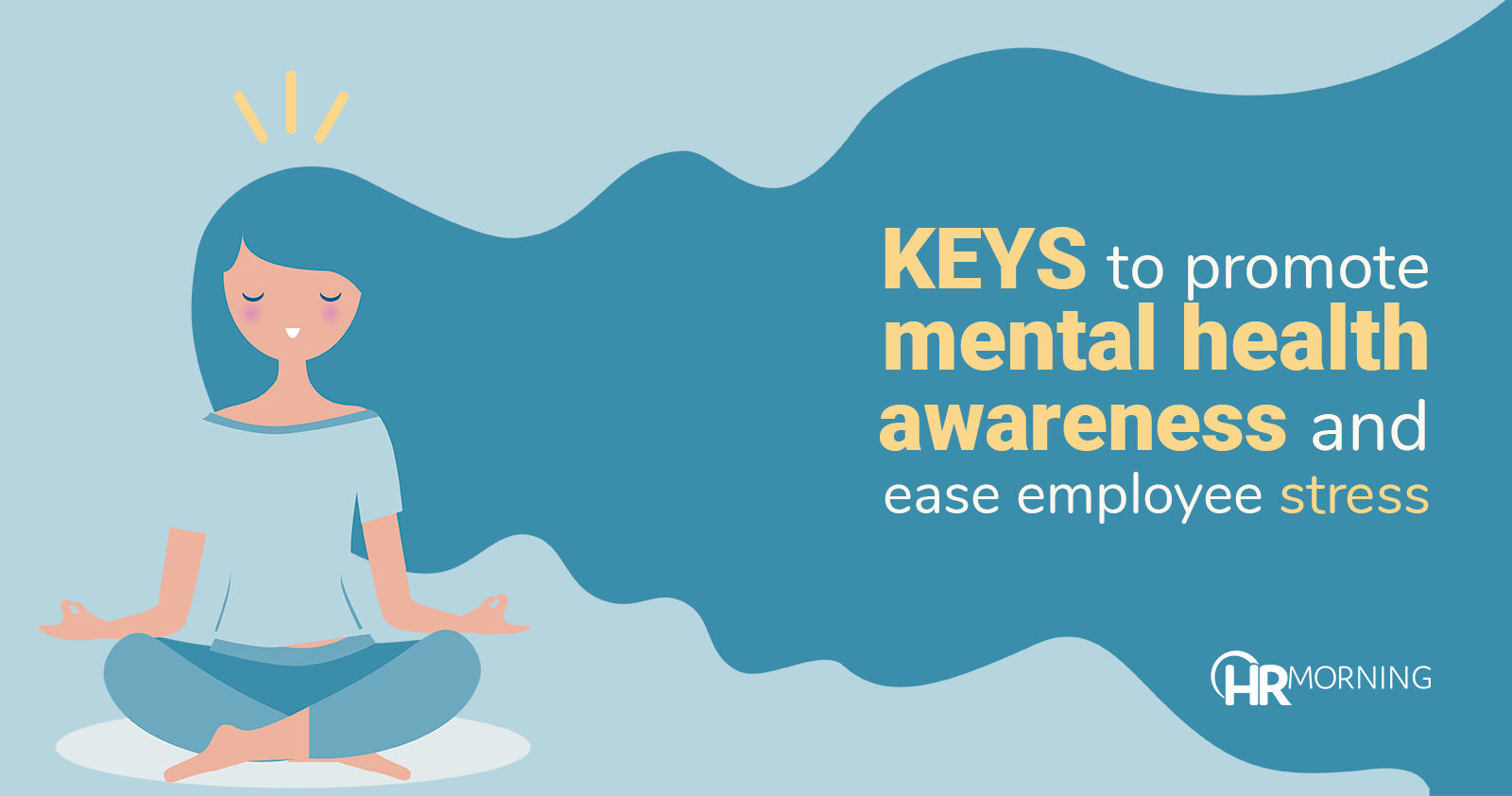Though health insurance coverage for mental health has steadily improved in recent years, experts say support for mental health awareness in the workplace hasn’t kept pace.
Here’s why that’s notable: More than 200 million workdays are lost due to mental health conditions each year ($16.8 billion in employee productivity).
Three in five employees say they’ve never spoken to anyone at work about their mental health status.
To help understand why mental health awareness remains so elusive, Mind Share Partners, SAP, and Qualtrics conducted a study of the prevalence of mental health challenges and stigma in U.S. workplaces.
Less than half of respondents felt that mental health was a priority where they work, and even fewer viewed their company leaders as advocates.
Mental health awareness stats
Other findings included:
About 86% felt their company’s culture should support mental health.
A full 50% of Millennials and a whopping 75% of Gen Zers had voluntarily left jobs for mental health reasons, compared to just 20% of respondents overall.
In fact, most people don’t consider themselves vulnerable to a disabling mental health condition, even though 4 out of 5 will manage a mental health issue in their lifetimes.
According to the Centers for Disease Control, poor mental health awareness, and the accompanying stress, can negatively affect employee:
- Job performance and productivity.
- Engagement with one’s work.
- Communication with co-workers.
- Physical capability and daily functioning.
Also, mental illnesses such as depression, are associated with higher rates of disability and unemployment. Depression interferes with a person’s ability to complete physical job tasks about 20% of the time and reduces cognitive performance about 35% of the time.
Only 57% of employees who report moderate depression, and 40% of those who report severe depression, receive treatment to control depression symptoms.
Improving the culture
CDC experts say workplace health promotion programs have proven to be successful, especially when they combine mental and physical health interventions.
The workplace is an optimal setting to create a culture of health because good communication structures are already in place, and:
- Programs and policies come from one central team.
- Social support networks are available.
- Employers can offer incentives to reinforce healthy behaviors.
- Employers can use data to track progress and measure the effects.
Action steps employers can take include:
- Make mental health self-assessment tools available to all employees.
- Offer free or subsidized clinical screenings for depression from a qualified mental health professional, followed by directed feedback and clinical referral when appropriate.
- Offer health insurance with no or low out-of-pocket costs for depression medications and mental health counseling.
- Provide free or subsidized lifestyle coaching, counseling, or self-management programs.
- Distribute materials, such as brochures, fliers, and videos, to all employees about the signs and symptoms of poor mental health and opportunities for treatment.
- Host seminars or workshops that address depression and stress management techniques, like mindfulness, breathing exercises, and meditation, to help employees reduce anxiety and stress and improve focus and motivation.
- Create and maintain dedicated, quiet spaces for relaxation activities.
- Provide managers with training to help them recognize the signs and symptoms of stress and depression in team members and encourage them to seek help from qualified mental health professionals.
- Give employees opportunities to participate in decisions about issues that affect job stress.


